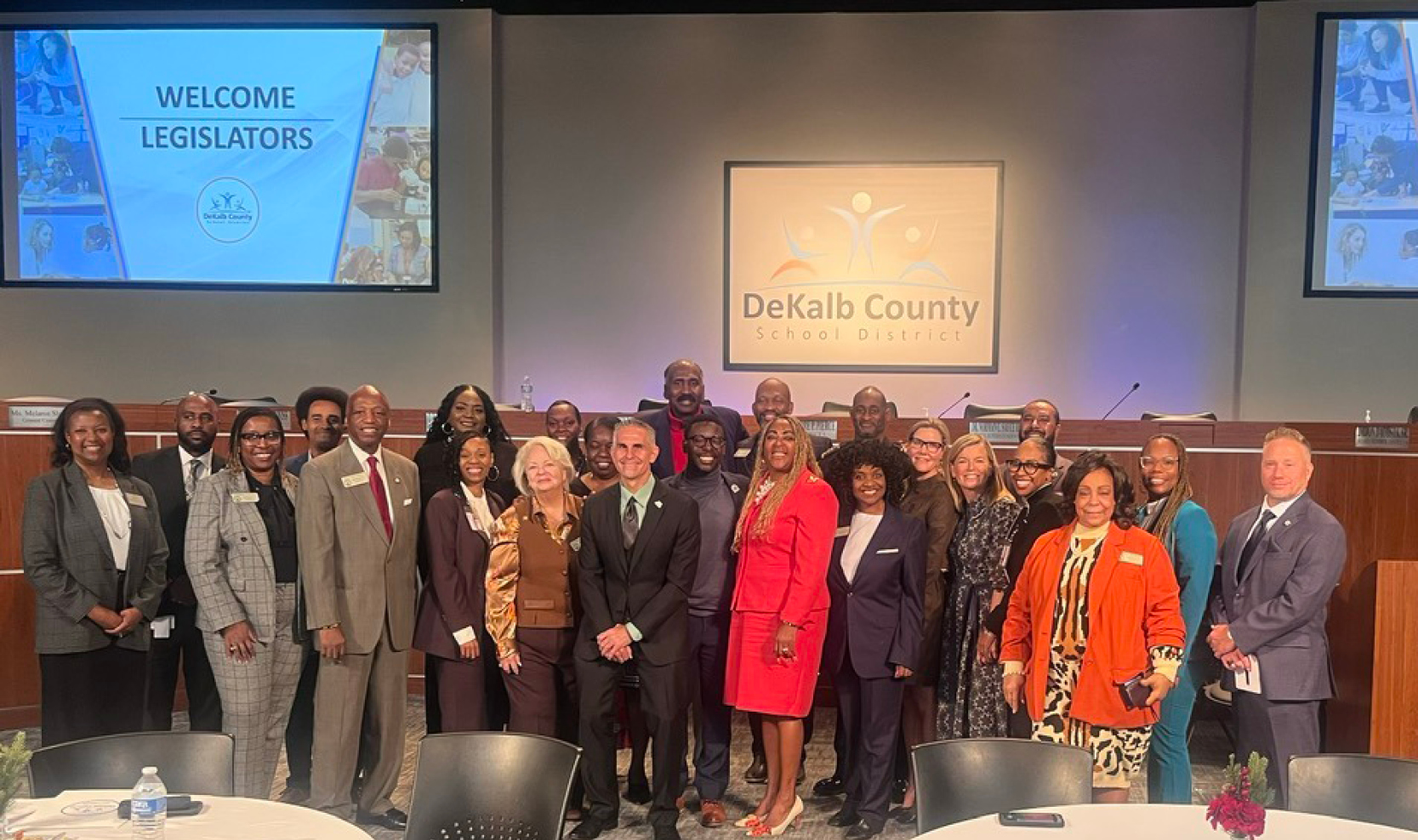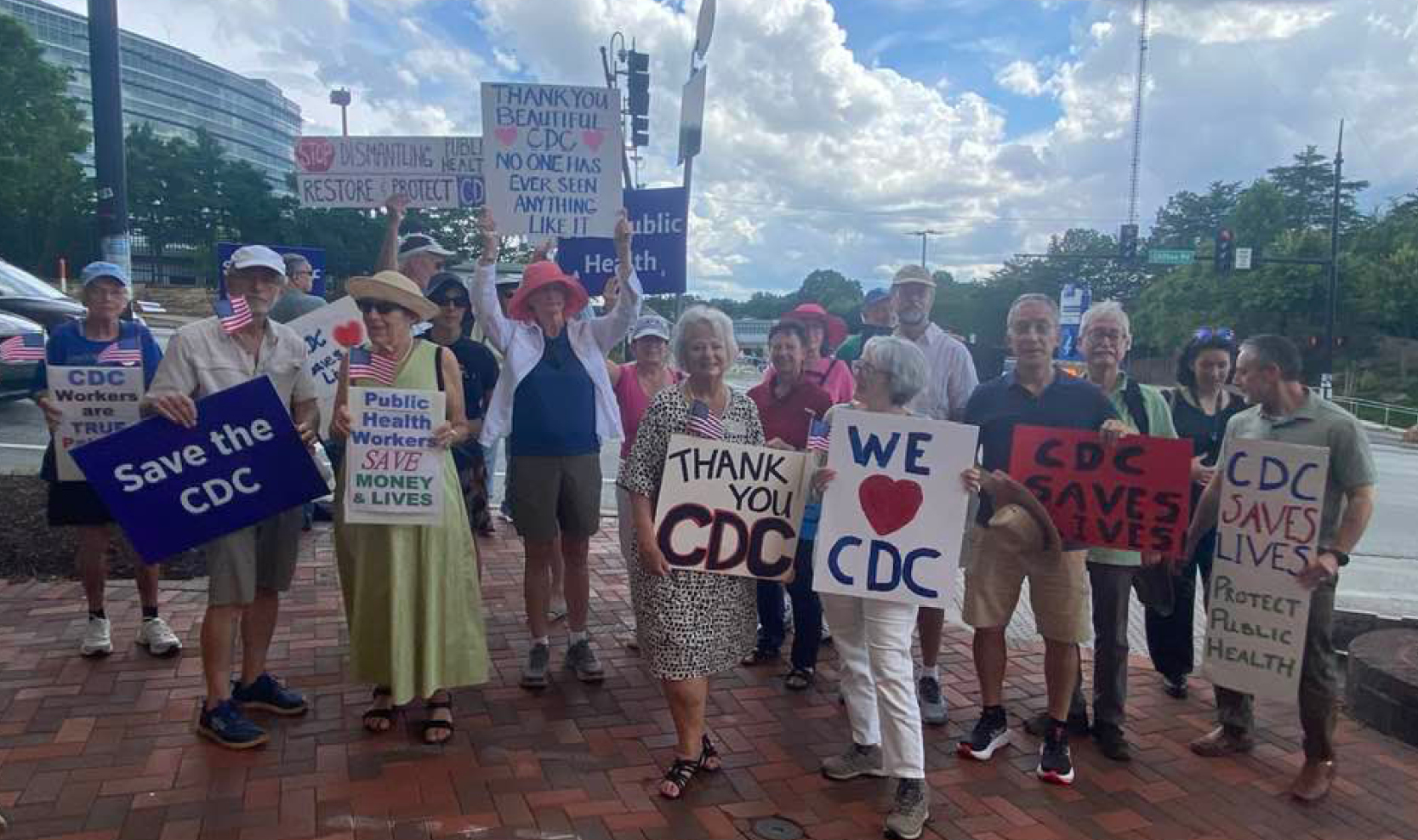Mental health reform package clears Georgia House, heads to Senate

By Jess Mador, WABE
The bill would mandate the standardized terminology be proposed by December 1, 2023.
It would create incentives to help grow the state’s workforce of licensed mental health and treatment providers, including expanding a student loan-forgiveness program for providers, and make it easier for state agencies to share information about patients in crisis.
It would look at ways to more effectively help Georgia’s small group of so-called “familiar faces” — people struggling with serious mental illness who cycle between jails, homelessness and institutions — and fund a study of inpatient mental health and substance-use treatment beds to identify where they’re most needed.
Along with Decatur Democratic Rep. Mary Margaret Oliver, Republican Rep. Todd Jones is a key sponsor of the legislation.
“We don’t know the type of beds we have. We don’t know the workforce that aligns to that bed,” Jones said on the House floor. “We don’t know the rates. We don’t know the conditions. We don’t know things that we need to know.”
The proposal calls for also analyzing existing data already collected by state agencies to better target services around the state.
In a statement, the Georgia Council for Recovery coalition applauded the House vote, saying H.B. 520 would “break stigma and set in place a foundation to build a serious workforce to support behavioral health services in communities across Georgia.”
The measure advanced to the Senate on a vote of 163 to 3.
The three House lawmakers who voted against it were Woodstock Republican Charlice Byrd, Ringgold Republican Mitchell Horner and Dawsonville Republican Brent Cox.




.png)

